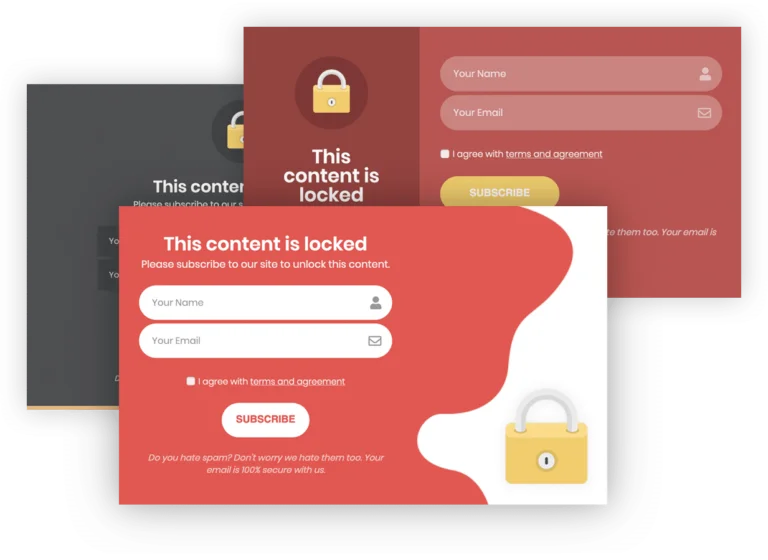Have you ever encountered a website that asks you to complete a survey or download an app before giving you access to a file or content? If so, then you might have stumbled upon a locker website.
Locker websites are becoming increasingly popular, especially in the file-sharing and online gaming communities. These websites require users to complete a certain action before allowing them to access a file or content. This action can be anything from filling out a survey, downloading an app, or watching a video advertisement.
While locker websites might seem like a harmless inconvenience, they can actually pose serious risks to users. In this article, we’ll dive deeper into what locker websites are, how they work, and the potential dangers they can bring.

What are Locker Websites?
Locker websites are essentially online gatekeepers that require users to perform a specific action in exchange for access to content. This content can range from downloadable files, like music or movies, to online games and premium memberships.
Locker websites typically work by redirecting users to a landing page that contains instructions on what actions they need to take. These actions can include filling out a survey, downloading an app, or signing up for a service. Once the user has completed the required action, they are then redirected back to the original website or given access to the desired content.
How do Locker Websites Make Money?
Locker websites make money through various methods, depending on the action required to access the content. For example, if the website requires users to fill out a survey, the website owner earns money for each completed survey. If the website requires users to download an app, the website owner earns money for each app download.
While some locker websites might seem like legitimate ways to earn money, many of them are actually scams that aim to exploit users for financial gain. For instance, some locker websites might ask for personal information, such as email addresses or phone numbers, which can be sold to third-party marketers.
Potential Dangers of Locker Websites
Aside from the risk of falling victim to scams, locker websites can also pose other potential dangers to users. For instance, some locker websites might require users to download apps or software that contain malware or viruses. This can lead to serious security issues and compromise the user’s personal information.
In addition, some locker websites might require users to complete surveys or sign up for services that are not only irrelevant to the content they are seeking but can also lead to unwanted spam emails or phone calls.
Protecting Yourself from Locker Websites
To protect yourself from locker websites, it’s important to exercise caution when visiting unfamiliar websites or downloading files from unknown sources. Always research the website and its reputation before completing any actions or providing personal information.
In addition, be wary of websites that offer “too good to be true” content or promises of easy money. Remember, if something seems too good to be true, it probably is.
Conclusion
Locker websites might seem like a harmless inconvenience, but they can actually pose serious risks to users. By understanding what locker websites are, how they work, and the potential dangers they can bring, you can better protect yourself and your personal information online. Remember to always exercise caution and do your research before completing any actions or providing personal information on the internet.
